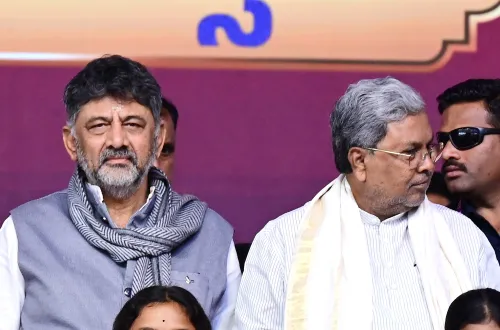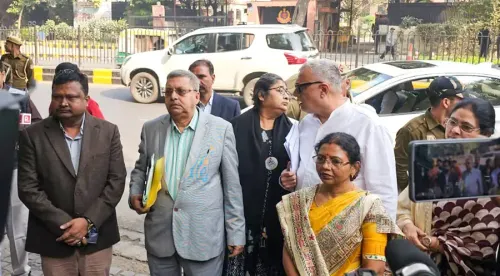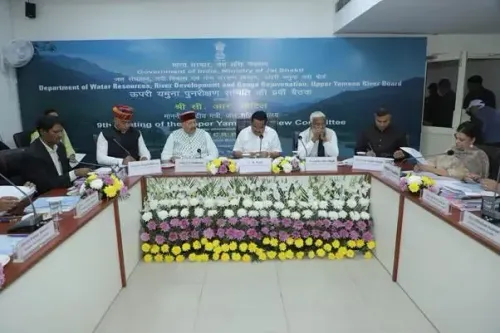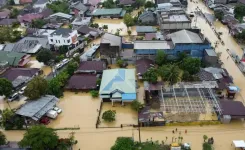Jammu and Kashmir Faces Water Shortage, CM Omar Abdullah Urges Collaborative Action
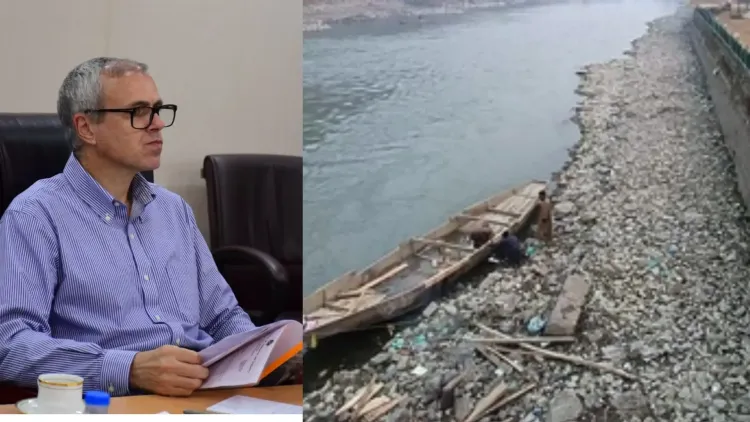
Synopsis
Key Takeaways
- Collective action is essential to address the water crisis in J&K.
- The region has experienced a significant dry spell this winter.
- Many perennial springs have dried up, impacting local communities.
- Authorities have deemed some springs unsafe for drinking due to contamination.
- Upcoming winter sports events have been postponed due to insufficient snowfall.
Jammu, Feb 19 (NationPress) Chief Minister Omar Abdullah stated on Wednesday that Jammu and Kashmir is facing a water shortage this year, urging everyone to come together to tackle the issue.
The Chief Minister mentioned in his post, “J&K is facing a water crisis this year. This isn’t a new issue; it has been developing over several years. While the government must take a more proactive stance in managing and conserving water, this cannot be solely a government-driven initiative. All of us living in J&K need to reevaluate how we perceive water as a resource. I will be assessing the plans that the Jal Shakti (PHE) Department has for addressing the emerging crisis and will also engage with the people of J&K in the coming months about our collective responsibilities.”
This winter, Jammu and Kashmir has experienced an unusual dry spell. Aside from a moderate snowfall on December 28, the season has remained dry. There has been no precipitation in January, and February has also seen little rain or snow.
Numerous perennial springs that sustain many villages in the Valley have dried up, and those that remain are producing the lowest water levels ever recorded.
The famed Achabal Spring, known for its garden established by Mughal Empress Noor Jahan in the 17th century, has run dry. A poignant image of an elderly woman mourning at Achabal Spring, praying for its revival, has gone viral on social media.
The source of the Jhelum River, the Verinag Spring, is also experiencing critically low water discharge. In Ganderbal district, numerous village springs have been deemed unsuitable for drinking due to contamination, prompting the Jal Shakti Department to post warning signs prohibiting their use.
While the Valley has historically endured floods, drought-induced famines have been absent in this region renowned for its snow-capped mountains, tranquil streams, and powerful rivers.
If the rain gods do not favor Kashmir this winter, the locals may face the grim reality of parched apple orchards and rice fields instead of the usual blossoms and fruits. Due to insufficient snowfall, the authorities have already postponed the ‘Khelo India 2025’ winter games at the Gulmarg ski resort.

